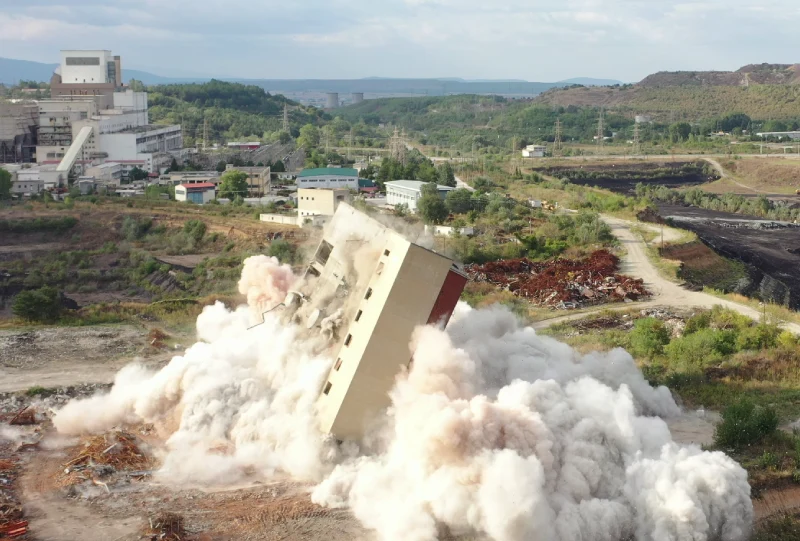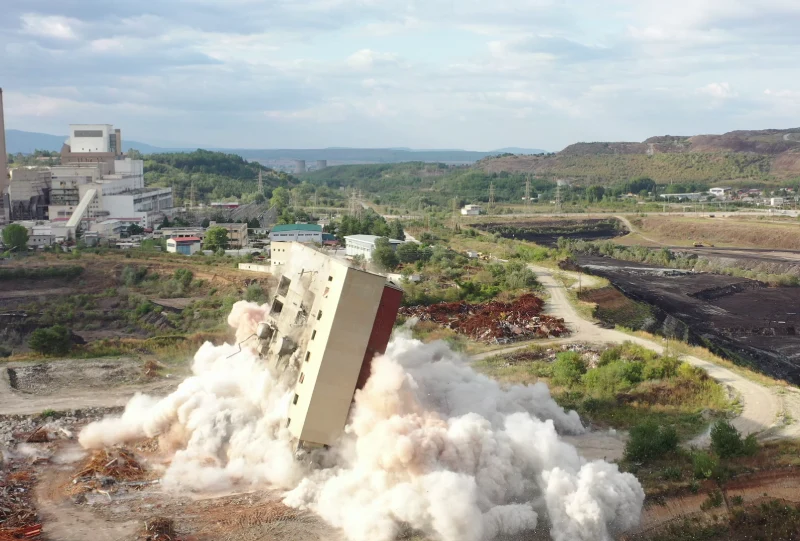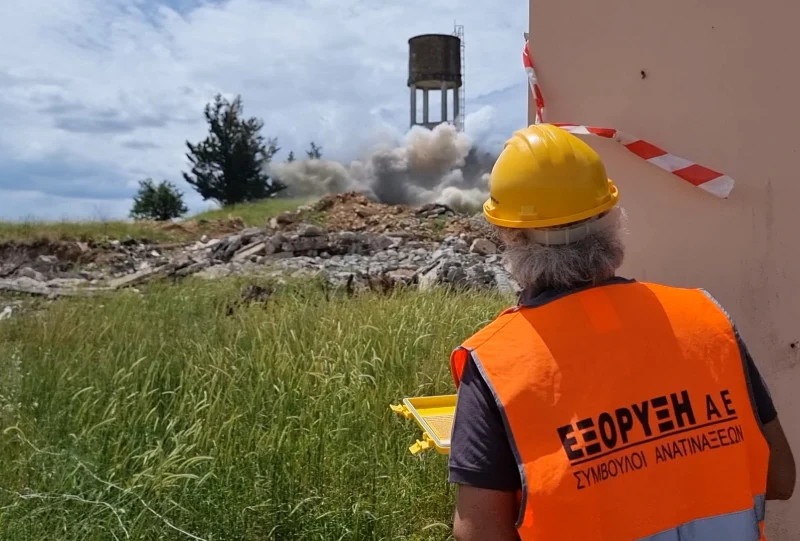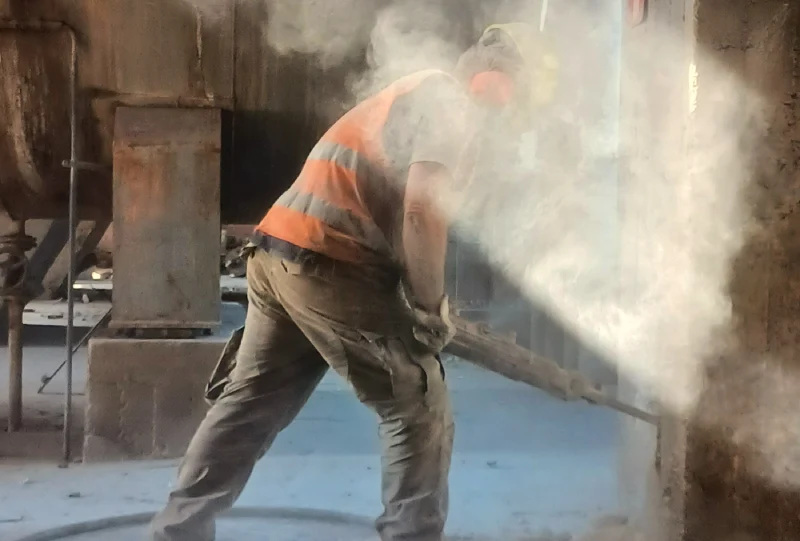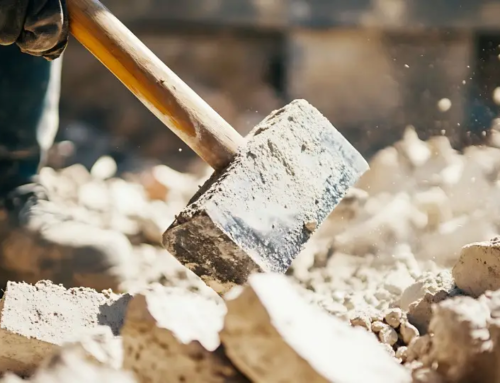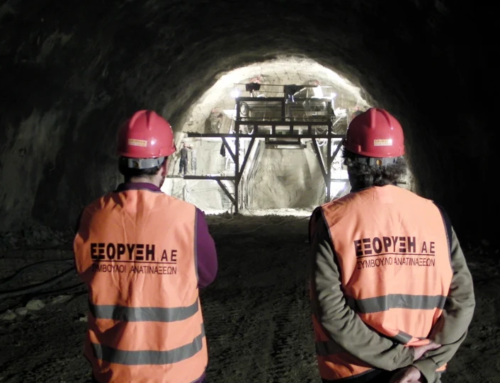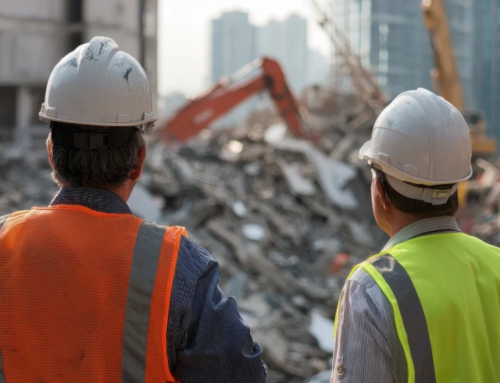T what is demolition and what is its importance in the construction industry?
Demolition is the process by which a building or structure is dismantled or destroyed in a controlled manner. This can be done either to free up space for new construction or to remove dangerous or old structures that are no longer useful or safe. Demolition techniques include the use of explosives and other specialized methods.
Demolition is a critical process in the construction industry, with numerous benefits for the development, safety and environmental sustainability of cities and communities.
With the right management and the right techniques, demolition can be the cornerstone for progress and renewal of the urban environment.
Stages of the demolition process
Assessment and planning
Before demolition begins, a detailed assessment of the building and surrounding areas is carried out. Construction materials, hazardous substances (such as asbestos) and potential environmental impacts are analyzed. A demolition plan is drawn up that includes all necessary permits and safety arrangements.
Removal of hazardous materials
Before demolition begins, all hazardous materials and substances that may cause harm to the environment or the health of workers are removed.
Dismantling and recycling
Depending on the demolition method to be used, the building may be partially dismantled and the materials separated for recycling.
Demolition
The main phase where the building is dismantled or demolished using various techniques, such as blasting, mechanical methods (bulldozers, excavators) or a combination of these.
Cleaning and waste management.
After demolition, waste materials are collected, sorted and transported to appropriate disposal or recycling sites.
Challenges and risks in building demolition
Employee safety
Demolition poses significant worker safety risks, such as falls, injuries from falling construction materials, and exposure to hazardous substances.
Environmental impacts
Waste management and dealing with hazardous materials, such as asbestos, is critical to avoiding environmental contamination.
Legal and regulatory challenges.
Demolition permits and compliance with environmental and health regulatory requirements can present bureaucratic hurdles.
Best practices for safe and efficient demolition
- Employee training and protection. Ongoing employee safety training and provision of appropriate protective equipment is vital.
- Use of specialized equipment. The use of modern and appropriate machinery and technologies can improve efficiency and reduce risks.
- Recycling and reuse of materials. Promoting the recycling and reuse of demolition materials reduces the environmental footprint and can provide economic benefits.
- Regulatory compliance. Compliance with all relevant safety and environmental regulations and standards is essential to avoid legal problems and protect public health.
Advantages of working with specialized demolition companies
- Experience and expertise. Specialized companies have the necessary experience and expertise to meet the challenges of demolition safely and efficiently.
- Security and compliance. Compliance with all regulatory requirements and adherence to the highest security standards is ensured.
- Efficiency and economy. The use of specialized services can reduce costs and improve the efficiency of demolition operations, ensuring better results.
Here you can see some demolition projects that our company has undertaken and completed. Here you can see some demolition videos of our company.
